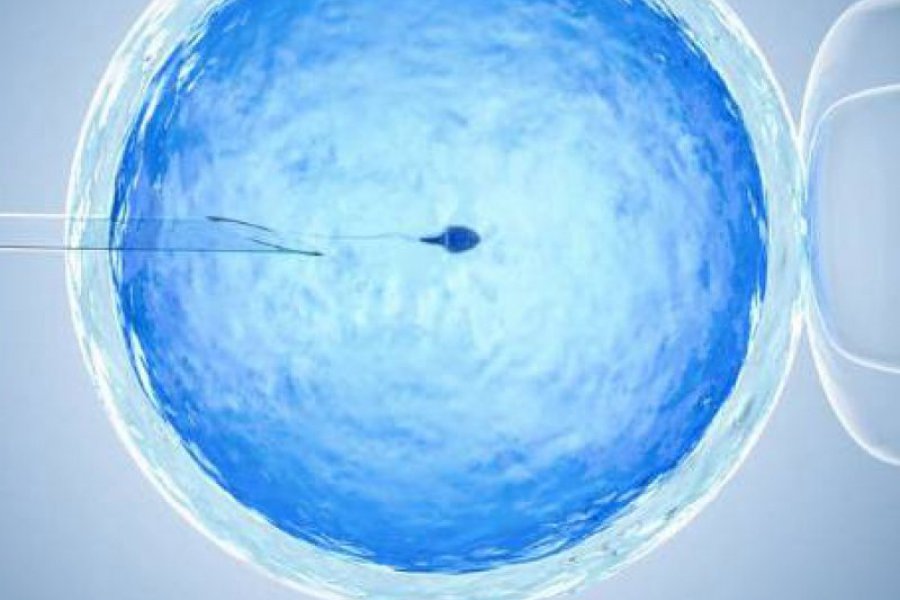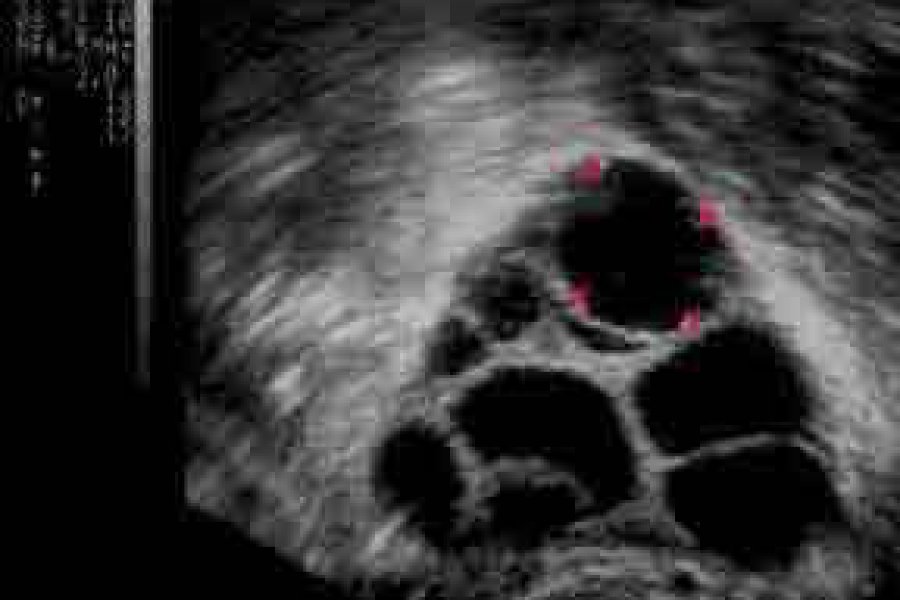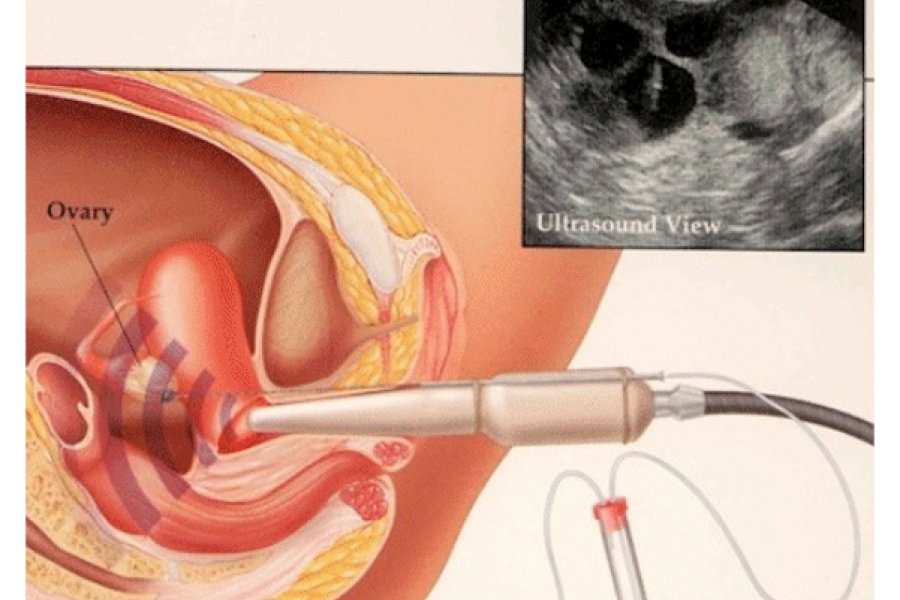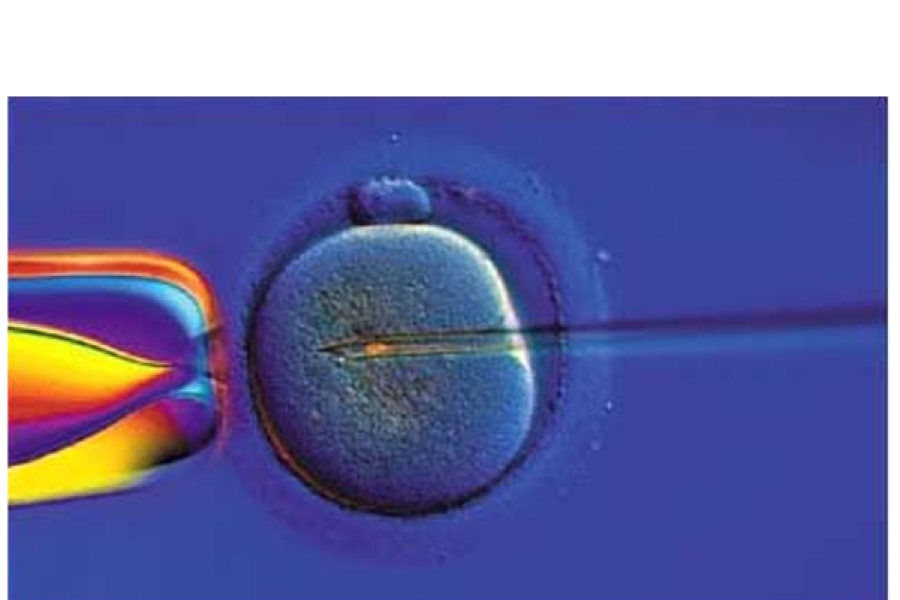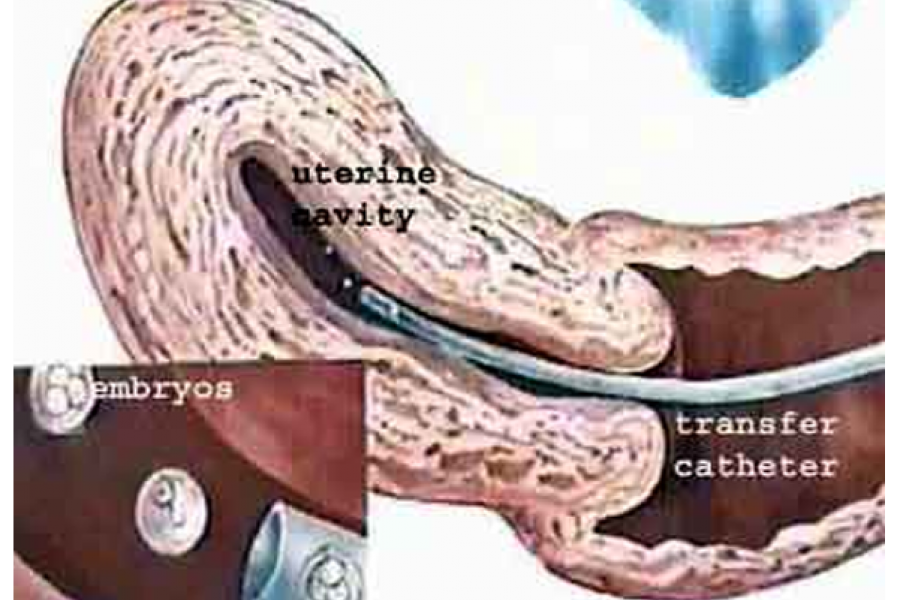PREPARATION OF THE IVF PATIENT
PREPARATION OF THE IVF PATIENT
(FIRST INTERVIEW)
When the patient first applies to the IVF center, a detailed anamnesis (story) is taken from the patient. It is questioned whether the couple has a history of marriage, whether they have a history of pregnancy, and whether they have used any birth control method before. The fertility stories of the spouses, if any, of their previous marriages are taken. Whether the woman has any systemic disease (especially goiter, diabetes (diabetes), whether there is milk coming from her breasts, excessive and abnormal hair growth in her body, whether she has had a pre-existing disease, menstrual cycle, menstrual pain, presence of pain in intercourse, previous surgeries, If any, the drugs that he constantly uses, smoking and alcohol use are questioned in detail and recorded in the patient's IVF file.
Likewise, for the male, his profession, whether he has any disease, previous surgeries (especially inguinal hernia, undescended testis, varicocele operation), the history of mumps in childhood, the drugs he used constantly, smoking and alcohol history, if any, are questioned and recorded in the IVF file. . The frequency of sexual intercourse of the couple is noted. The couple is asked if there are people in their families who both have the same problem. The couple is asked about the previous treatments and the drugs they used.
The woman's gynecological examination is performed and the uterus, ovaries and pelvic cavity of the woman are evaluated with the help of trans-vaginal ultrasound. If on the 2nd, 3rd or 4th day of menstrual bleeding, the antral follicles (egg precursors) in the ovaries are counted and noted; if not, the 3rd day of menstruation is called again to evaluate the ovaries and antral follicles (egg precursors). The woman's body is checked for hair growth, her weight and height are noted.
When patients apply to an IVF center, they usually have a thick file containing the tests they have done before. Unfortunately, the patient had many necessary and unnecessary tests done and spent a considerable amount of money until the patient reached the IVF stage. First of all, the examinations in this hand of the patient should be examined, valid tests should be recorded in the patient's IVF file to be used in the patient's IVF treatment.
The examinations that we want first of all for the infertile couple are as follows:
Spermiogram: It is done after 3-5 days of sexual abstinence.
HSG (hysterosalphingography): It is taken at the end of the menstrual bleeding.
Hormone profile: 2 or 3 days of menstrual bleeding are checked, (FSH, LH, E2, Prolactin, TSH)
Serological tests for woman: HbS, Anti-Hbs, HCV, HIV, Toxoplasma, Rubella
Serological tests for male: HbS, Anti-HbS, HCV, HIV
Basal USG (ultrasound): 2nd or 3rd day of menstrual bleeding
PAP smear and vaginal culture can be taken from the woman.
As a result of the baseline evaluation of the couple, the cause of infertility is revealed. According to the basal examination results, additional examinations are performed on the patient, if necessary.
Additional tests that may be required:
Karyotyping (chromosomal analysis of men and women)
FOG (saline infusion sonography)
hysteroscopy
laparoscopy
Special tests for systemic diseases that exist in couples and may have a negative effect on IVF treatment.
After the couple's file is completed, the treatment and treatment protocol to be applied is decided, the couple is included in the treatment program, the treatment is planned and the treatment is started.
For patients who are scheduled for IVF;
It is recommended that women start using folic acid 3 months before.
It is recommended for both spouses to reduce smoking and alcohol use, if possible, to quit completely.
It is recommended to lose weight with diet and exercise for expectant mothers whose weight is above normal.

